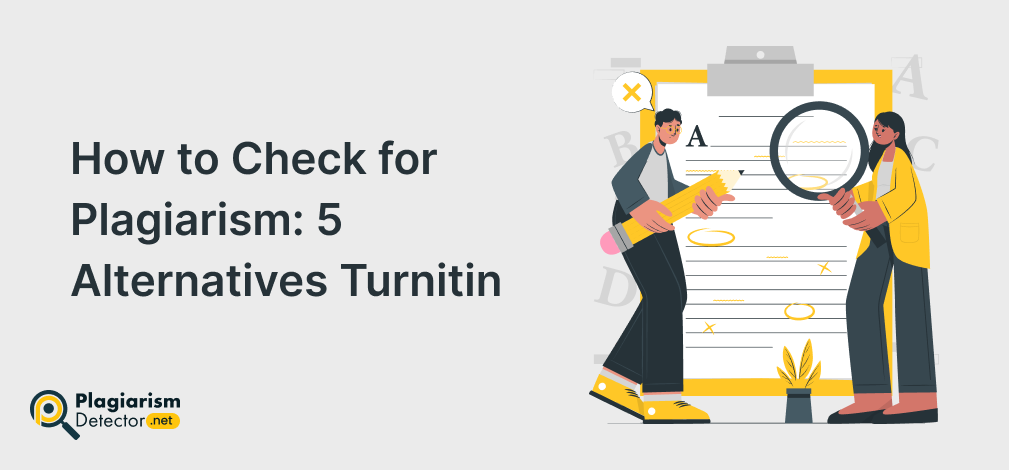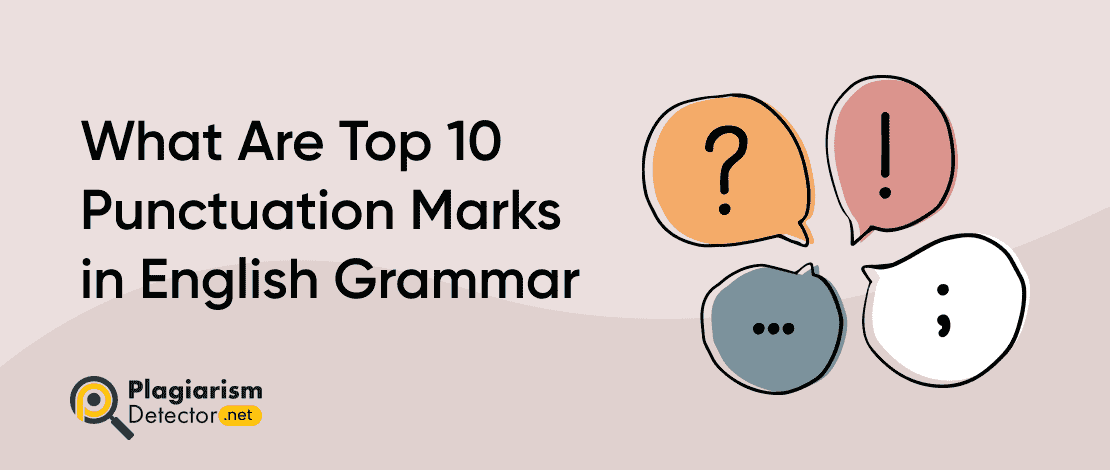 October 24, 2019
October 24, 2019
Tips to Avoid Common Grammar Mistakes
All bloggers have some writing aims, and you as a writer might have some too. The ones that are most common among them are:
- Persuade visitors to take action
- Create an influence on visitors
- Attract more users to go through your content
Each of these goals demands quality writing as well as the correct use of grammar. Good content attracts the visitors and also persuades them in reading until the end rather than closing in between. Also, readers might also share your content with friends who can help your work to be shared more.
Issues and use of grammar are often overlooked.
However, it is also very crucial to your credibility and brand. When your visitors identify grammar errors, they think your business is not professional enough to be taken seriously, and ultimately you lose your visitors.
If you do not have enough time to correct your grammar mistakes, you can take advantage of an online grammar checker to review your writing errors.
Spelling and Grammar Affect Search Engine Optimization
Many website owners think that no matter how many contents with poor grammar usage they will post, it will not have any impact on their search engine optimization. This is true in so many ways.
For the majority of the visitors, grammatical mistakes in your content diminish the value as well as the quality of your brand.
Now you know that correct grammar and spelling matters. In this article, you will get to know some of the common grammatical mistakes most of the bloggers make.
1. Constant use of the word “they”
The error which is most commonly made by bloggers is the usage of the word “they” for “she” or “he” and “their” for “her” and “his.”
No doubt the majority of us want to be gender-neutral along with politically correct in our content. However, not when it leads to the creation of a grammar mistake. For example:
“Every content writer must fix their grammar mistakes.”
Every content writer in this sentence is a single word, and hence, you must use a singular pronoun to indicate it, like:
“Every content writer must fix his or her grammar mistakes.”
2. Getting confused in I and me
If you want to create a blog with proper use of syntax, then you will need to take care of the words “me and I.” Most of the people get confused about it and end up writing these in wrong places.
In short, you must use “Alina and me” when “I” is working as a subject noun and “Alina and Me” as a pronoun of an object.
For example:
“Alina and I ran behind rabbits.”
You will never say that “I ran behind rabbits” would you? Of course not.
3. Wrong use of Its and It’s
Many people are not aware of the difference between these two terms. The word “it’s” refers to “It is” and “its” is the possessive of it.
For example:
“Paris has it’s fashion phenomena.”
However, the correct usage in this sentence should be “Paris has its fashion phenomena.”
In this example, the contraction should not be used, and rather the possessive must be used.
4. Wrong usage of fewer and less
If you also get confused between when you must write less and fewer, the only simple solution to it is that use fewer when the quantity is measurable whereas you can use less when the volume is not measurable, or you cannot quantify the items. For instance:
“I used fewer words in the content than I had decided to use”
You can count the number of words. So instead of that, you must write “I used fewer words in the content than I had decided”
5. Use of a Dangling Modifier
A dangling modifier is a word that means that the descriptive phrase is not suitable to the noun which is used after it. The descriptive phrase or modifier is dangling.
6. Punctuation error: misuse of commas and quotation marks
This is quite more than a punctuation error than a grammar mistake, but it is one of the most commonly made errors. In English, periods or commas must be inside the quotation marks.
For example:
“Many people end up their sentences putting a full stop after quotation marks”.
The full stop must come before the quotation marks.
“The grammatically right sentence has a full stop before the quotation.”




